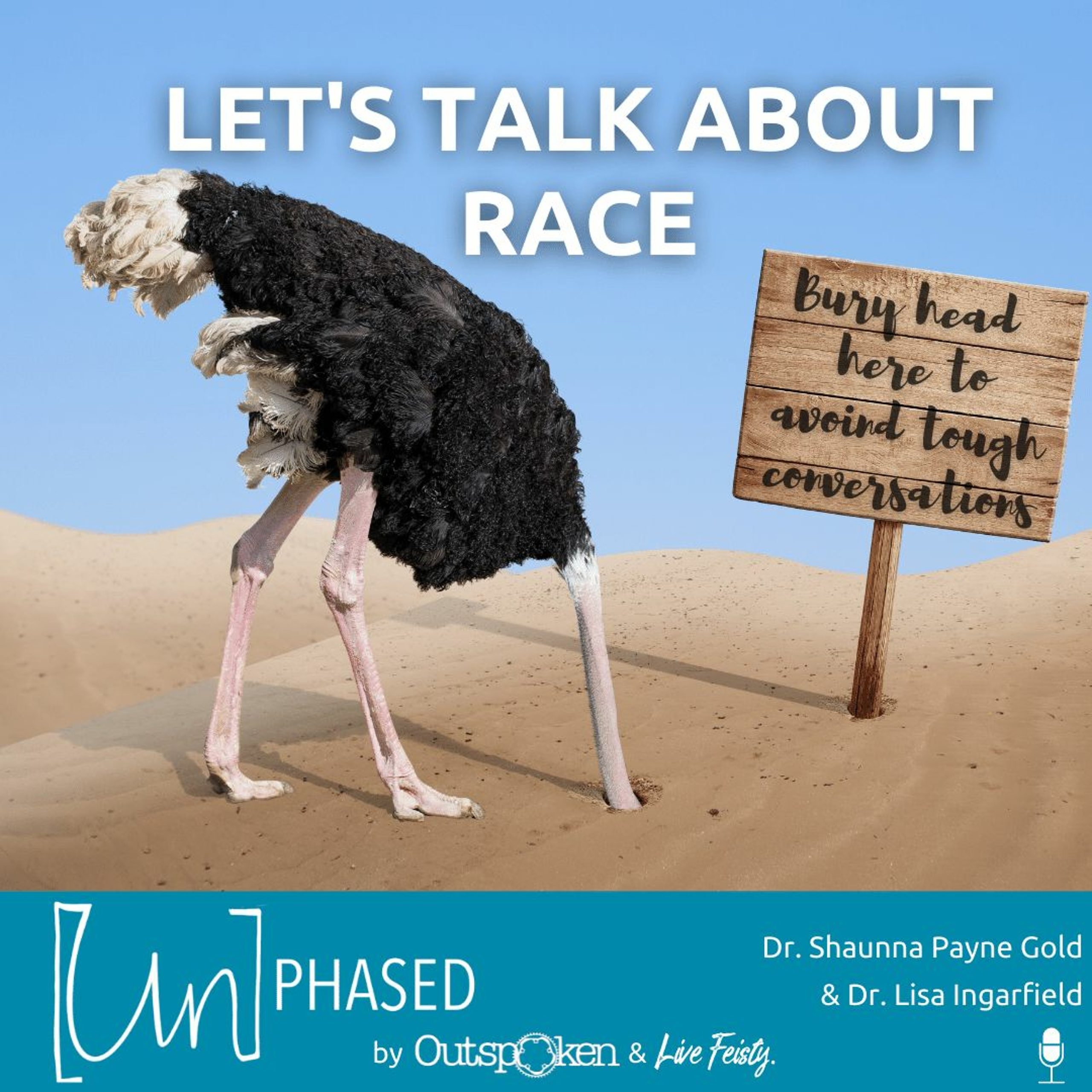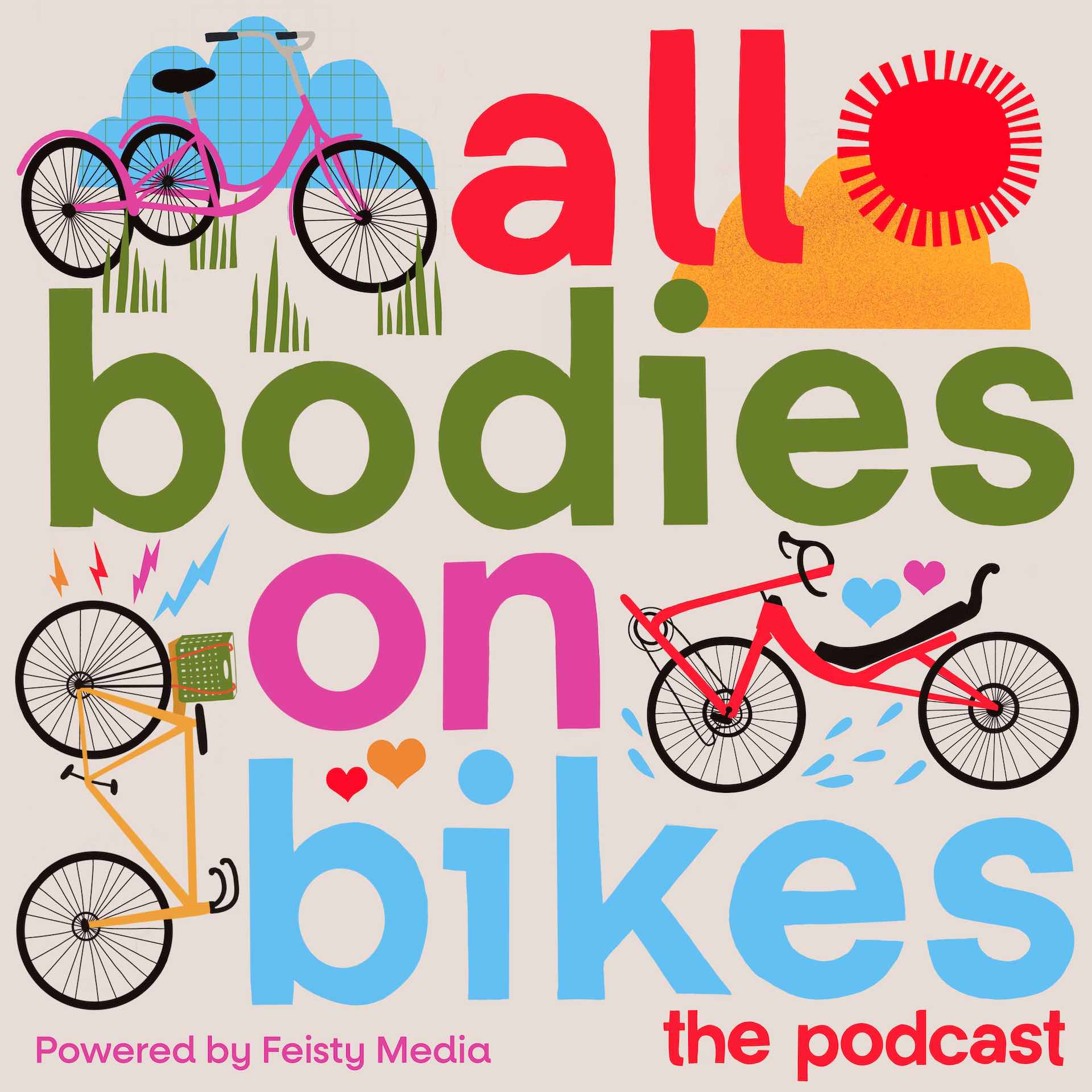
In this Episode
Talking about race is really F%$*&^g hard. It is. But that doesn’t mean we shouldn’t do it. If we constantly duck and dodge frank conversations about how race affects our daily lives, then we will not resolve the persistent hold racial inequity has on our culture and our sporting lives and loves. This week, spurred by article after article speculating on what happened in the Virginia gubernatorial race, we thought we would talk directly about why we resist talking about race.
We, well, mostly white people, skirt the issue of race. We talk about it in veiled ways – crime, education, parenting, work ethic – because we have been taught implicitly and explicitly that to talk about race is itself racist. White people are worried about race discussions in school because we have been fed a steady diet of “colorblindness” throughout our lives. White people’s hyper-sensitivity around race, particularly when it comes to White-Black relations in the U.S. context, is built on a common sense of guilt about the U.S.’s “original sin” — slavery. Slavery — via the Middle Passage — happened here. The enslavement of African (and Asian!) people, the violence enacted against them, the rape and murder of enslaved people by white slaveholders, the fracturing of enslaved people’s families for white profit is real and cannot be denied.
Talking about the legacy of this history is not racist towards white people. Racism is a system of racial hierarchy where whiteness is at the top and Blackness is at the bottom. This hierarchy is woven through everything, whether it is housing loans, red-lining, public education, generational wealth, or sport. To deny the effects of racial violence and segregation on our lives today is to willfully ignore this history. It is not racist to recognize the effects of slavery, nor is it a statement that all white people are racist. Racism exists in the fabric of the U.S., and yeah, it sucks to acknowledge that. Teaching upcoming generations about this legacy equips them with the tools the rest of us (white people) weren’t given – the ability to talk about and understand the implications of race and its social construction to maintain white power. In this sense, we will be enabling the next generation of athletes to build systems that are smart and nimble, able to institute practices and policies that resist the effects of this history. We have to be able to talk about this as an endurance sport community — and, just like in endurance sport — embrace the suck. Embrace the discomfort as growing a muscle rather than experiencing an injury. It won’t be easy, and it might feel sad or gross or painful. But, burying our collective head in the sand because it is easier hurts us more.
Support the podcast and use our sponsor codes!
InsideTracker: 25% off at insidetracker.com/feistytriathlon
Nuun Hydration: 30% off with code StayFeisty at nuunlife.com


 Apple Podcasts
Apple Podcasts Spotify
Spotify Tune in
Tune in Google Podcasts
Google Podcasts Pocket Casts
Pocket Casts RSS
RSS

